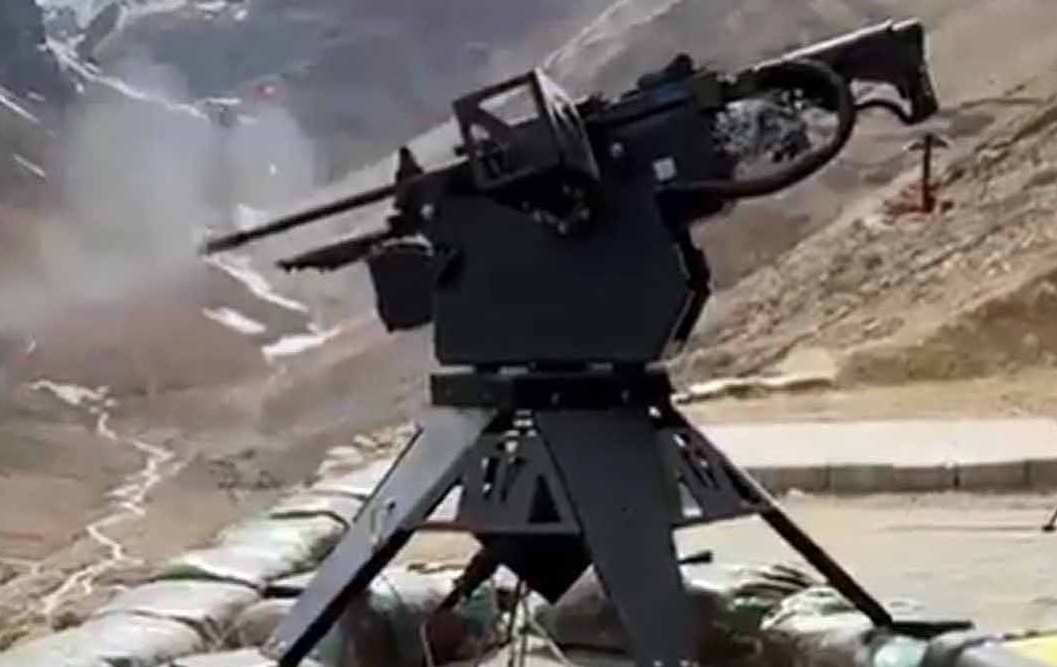GE Aerospace Delivers First F404-IN20 Engine to HAL for Tejas Mk1A

On March 25, 2025, GE Aerospace achieved a significant milestone by delivering the first F404-IN20 engine to Hindustan Aeronautics Limited (HAL). This delivery marks the commencement of fulfilling an order for 99 engines intended to power India's indigenous Tejas Light Combat Aircraft (LCA) Mk1A, a crucial step in enhancing the nation's defense capabilities.
Shawn Warren, General Manager of Combat & Trainer Engines at GE Aerospace, highlighted this event as a testament to the enduring 40-year partnership between GE and HAL. He emphasized GE's commitment to supporting India's defense ambitions and strengthening its manufacturing base.
F404-IN20 Engine: Enhancing Tejas Mk1A Performance
The F404-IN20 engine is a customized variant of GE's renowned F404 family, designed to deliver superior performance and reliability. It provides enhanced thrust and operational capabilities, aligning with the advanced requirements of the Tejas Mk1A aircraft. This engine's integration is pivotal for meeting the Indian Air Force's (IAF) operational needs and ensuring the timely induction of the Tejas Mk1A into service.
Tejas Mk1A: Advancements and Strategic Importance
The Tejas Mk1A represents a significant advancement over its predecessors, incorporating several key upgrades:
-
Active Electronically Scanned Array (AESA) Radar: The Mk1A is equipped with advanced AESA radar systems, including options like the Israeli EL/M-2052 and the indigenous Uttam AESA Radar. These radars enhance target detection and tracking capabilities, allowing the aircraft to simultaneously track multiple targets at extended ranges. Notably, from the 41st aircraft onwards, the AESA radar will be indigenously produced, increasing the aircraft's local content.
-
Electronic Warfare (EW) Suite: The aircraft features a Unified Electronic Warfare Suite (UEWS) and an externally mounted Advanced Self Protection Jammer pod. These systems provide comprehensive electronic warfare capabilities, including the ability to jam enemy radars and communications, thereby enhancing survivability in contested environments.
-
Enhanced Maintainability and Operational Flexibility: Upgrades in avionics and flight control systems improve the aircraft's maintainability and operational readiness, ensuring that the Tejas Mk1A remains a versatile asset for the IAF.
The Tejas Mk1A program is central to India's strategy of modernizing its air force with domestically produced technology, aligning with the national objective of achieving self-reliance ('Atmanirbhar Bharat') in defense manufacturing. The IAF's order for 83 Tejas Mk1A aircraft underscores the importance of this program in enhancing India's air defense capabilities.
Overcoming Challenges and Future Prospects
The delivery of the first F404-IN20 engine comes after delays attributed to supply chain disruptions, particularly those caused by the COVID-19 pandemic. These challenges impacted the timely delivery of engines, subsequently affecting the production schedule of the Tejas Mk1A. However, with production lines at both HAL and GE stabilizing, a steady supply of engines and aircraft is anticipated in the upcoming fiscal years.
Furthermore, the integration of indigenous systems, such as the Uttam AESA radar and the Angad electronic warfare suite, into the Tejas Mk1A is expected to enhance the aircraft's capabilities while reducing reliance on foreign components. This initiative not only bolsters India's defense industry but also contributes to significant savings in foreign exchange and the creation of employment opportunities within the country.
In conclusion, the delivery of the first F404-IN20 engine to HAL signifies a pivotal moment in India's indigenous fighter aircraft program. It reflects the successful collaboration between GE Aerospace and HAL, the technological advancements embodied in the Tejas Mk1A, and India's unwavering commitment to achieving self-reliance in defense manufacturing.
✍️ This article is written by the team of The Defense News.






